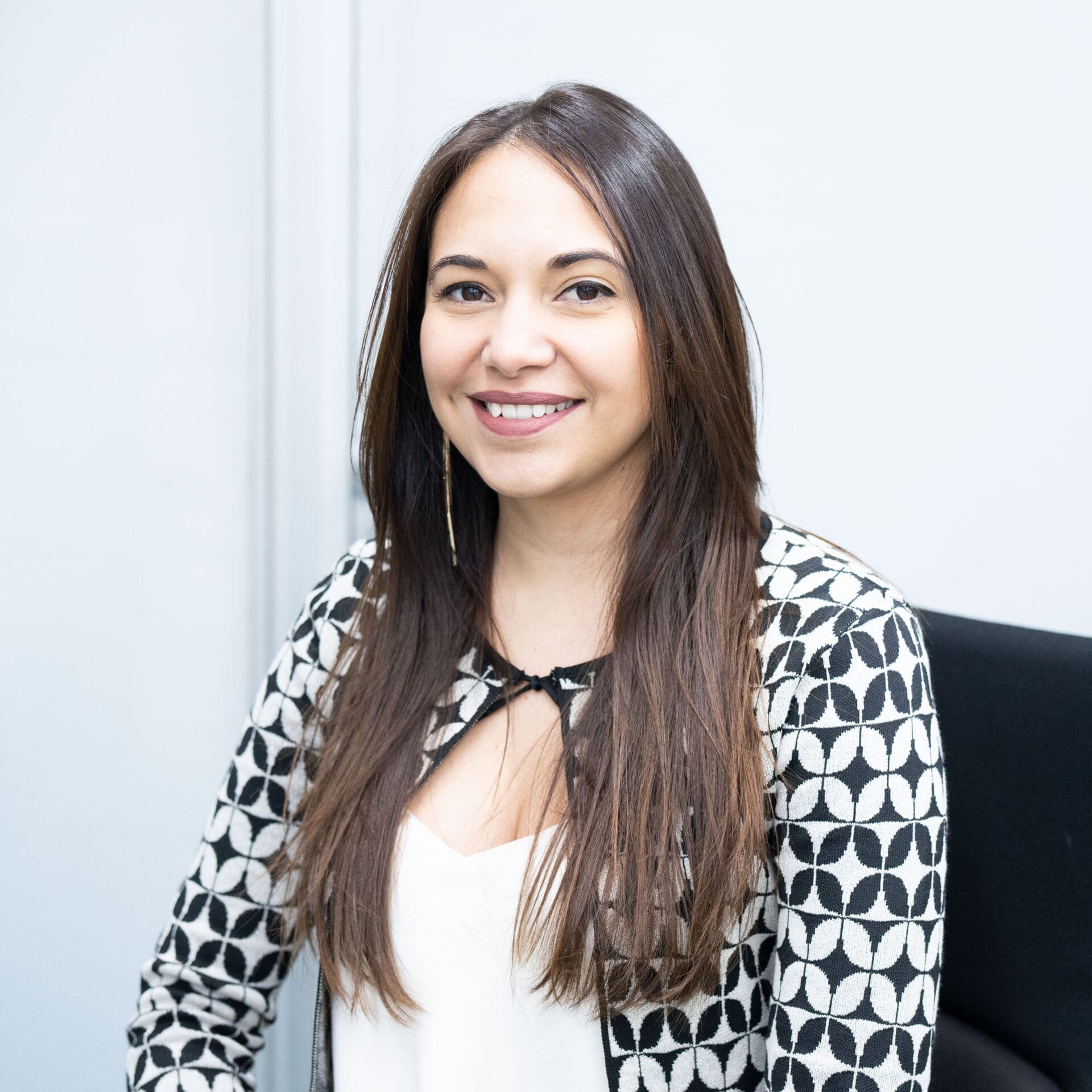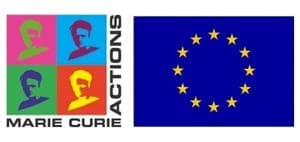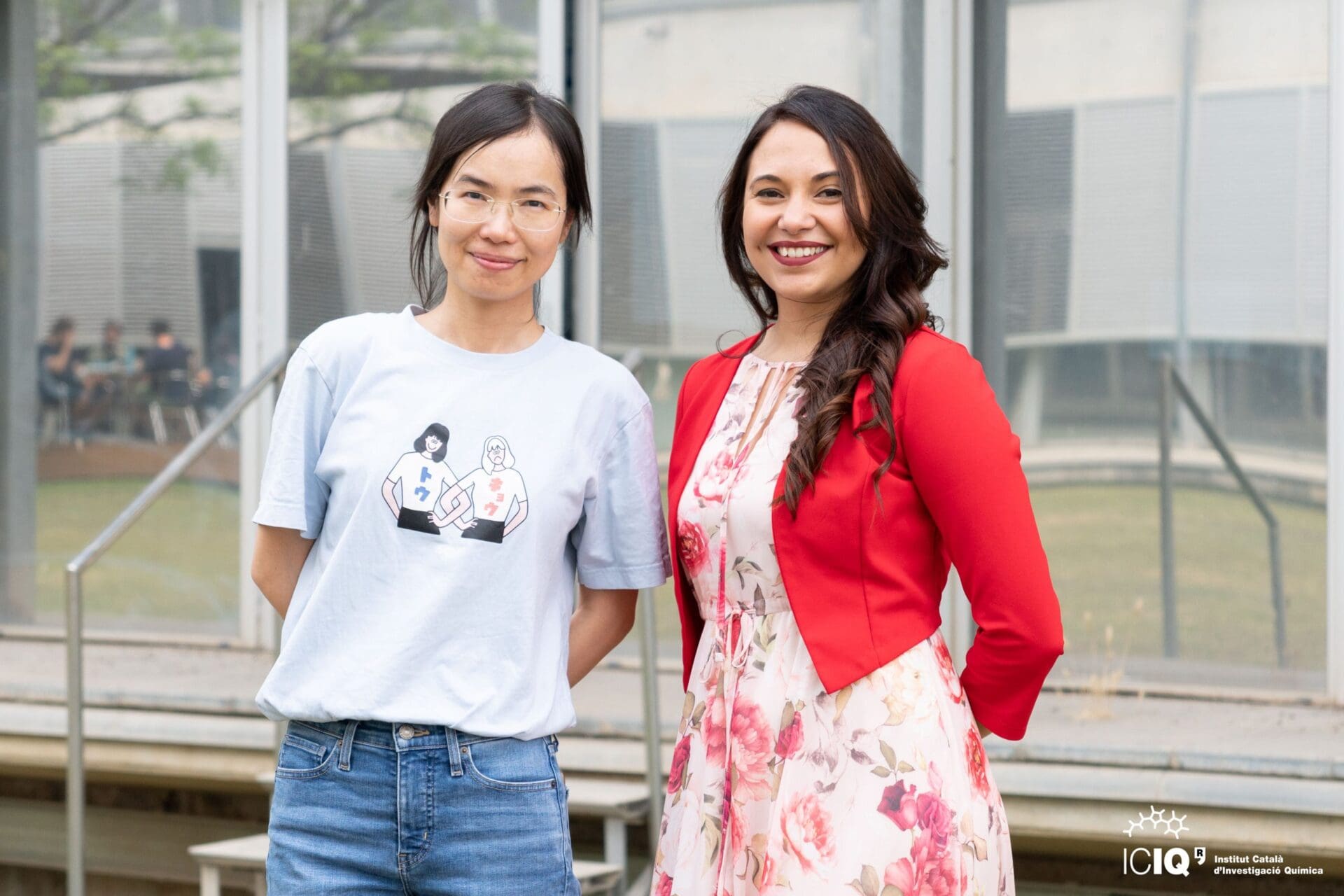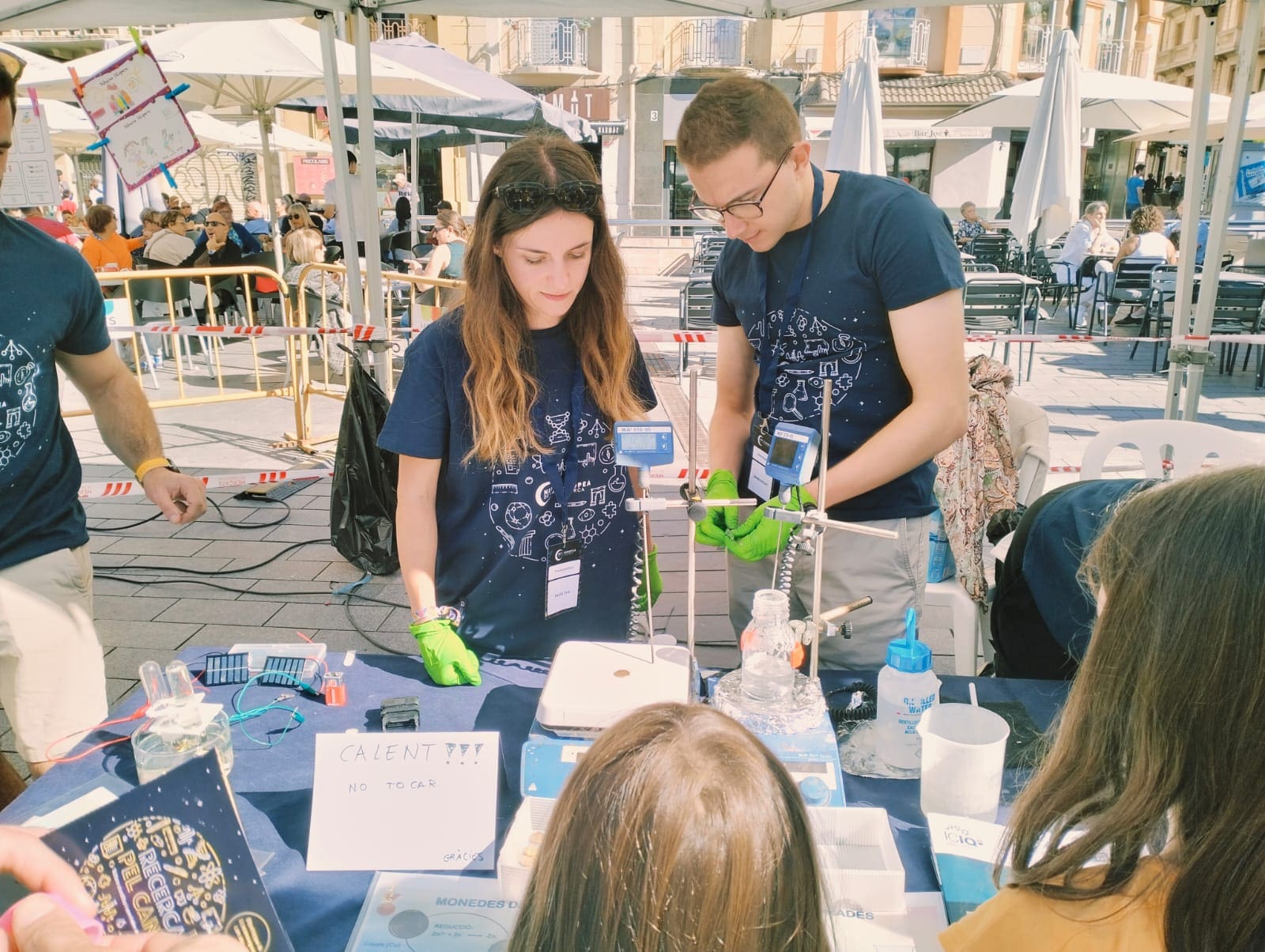NAKED-C
New late-stage functionalization reagents for the construction of chiral centers to impact drug discovery

Grant description
NAKED-C will develop a new methodology for the construction of chiral centers in drug molecules, relying on the design and synthesis of a novel class of atomic carbon precursors.
Late-stage functionalization (LSF) is a rapidly expanding field in molecular synthesis with the major goal of quickly accessing to derivatives that would be too challenging or time-consuming to prepare otherwise; hence, this strategy has a great potential to impact drug discovery processes by speeding up the hit-to-lead optimization. At present, more than two-thirds of prescription drugs contain at least one chiral center. However, the late-stage introduction of this structural motif using aromatic C–H bonds is an enduring challenge in synthesis.
The goal of the NAKED-C project is to develop a new methodology for the construction of chiral centers in drug molecules, relying on the design and synthesis of a novel class of atomic carbon precursors that, upon successive and appropriate activations, would allow to build tailored asymmetric carbons. To achieve this goal, a new visible-light photoredox catalytic diazomethylation of aromatic C–H bonds will be developed. The collaboration with an industrial partner (secondment at AiCuris) will allow the application of this novel strategy to drug discovery in the search of effective antibiotics, thus merging multidisciplinary aspects with intersectoral knowledge transfer.
The result will be a brand-new ‘assembly point’ for the construction of chiral centers in bioactive compounds, with the potential to become a late-stage diversity-generating synthetic platform for drug discovery programs. The proposal merges the host expertise in novel C−H functionalization strategies based on photocatalysis, and the researcher’s background in classical radical chemistry, metal-mediated synthesis and pharmacology, ensuring the two-way transfer of knowledge between the fellow and the host group. Successful development of NAKED-C will enhance the scientific and transferable skills of the researcher, while forthcoming to the fellow’s professional goal of pursuing an independent research career in academia in synthetic organic chemistry.

This project has received funding from the European Union’s Horizon Europe research and innovation program under grant agreement 101110735
Fellow
Karen obtained her PhD from Sorbonne University in Paris, where she specialized in organometallic and radical chemistry under the guidance of Dr. Alejandro Perez-Luna and Prof. Franck Ferreira. She then joined the Institute of Chemical Research of Catalonia (ICIQ) as a COFUND I2:ICIQ Impulsion Postdoctoral Fellow. At ICIQ, she joined the groups of Prof. Pablo Ballester and Prof. Marcos G. Suero, contributing to advancements in supramolecular catalysis and physical organic chemistry. Her fellowship also included a research stay at the University of Cambridge, where she worked with Prof. Robert Phipps on innovative research in photocatalysis and asymmetric synthesis. In 2024, Karen commenced her Marie Curie Postdoctoral Fellowship at ICIQ in the group of Prof. Marcos G. Suero. Her current research focuses on the late-stage functionalization of drug molecules, with the goal of driving innovation in drug design and synthesis
-
Reference: 101110735
-
Call identifier: HORIZON-MSCA-2022-PF
-
Timeline
01/08/2024 - 31/07/2026
-
ICIQ Funding
165,312.96 € -
Website & Social Media
-
Senior Researcher
Prof. Marcos García Suero
-
Financing Agent / Programme
Horizon Europe, MSCA Postdoctoral Fellowships
Publications
-
2024 | J. Am. Chem. Soc.
Single-Carbon Insertion into Single C-C Bonds with Diazirines
Alfonso, V. G.; de la Vega-Hernández, K.; Suero, M. G.;

Let's create a brighter future
Join our team to work with renowned researchers, tackle groundbreaking
projects and contribute to meaningful scientific advancements

















